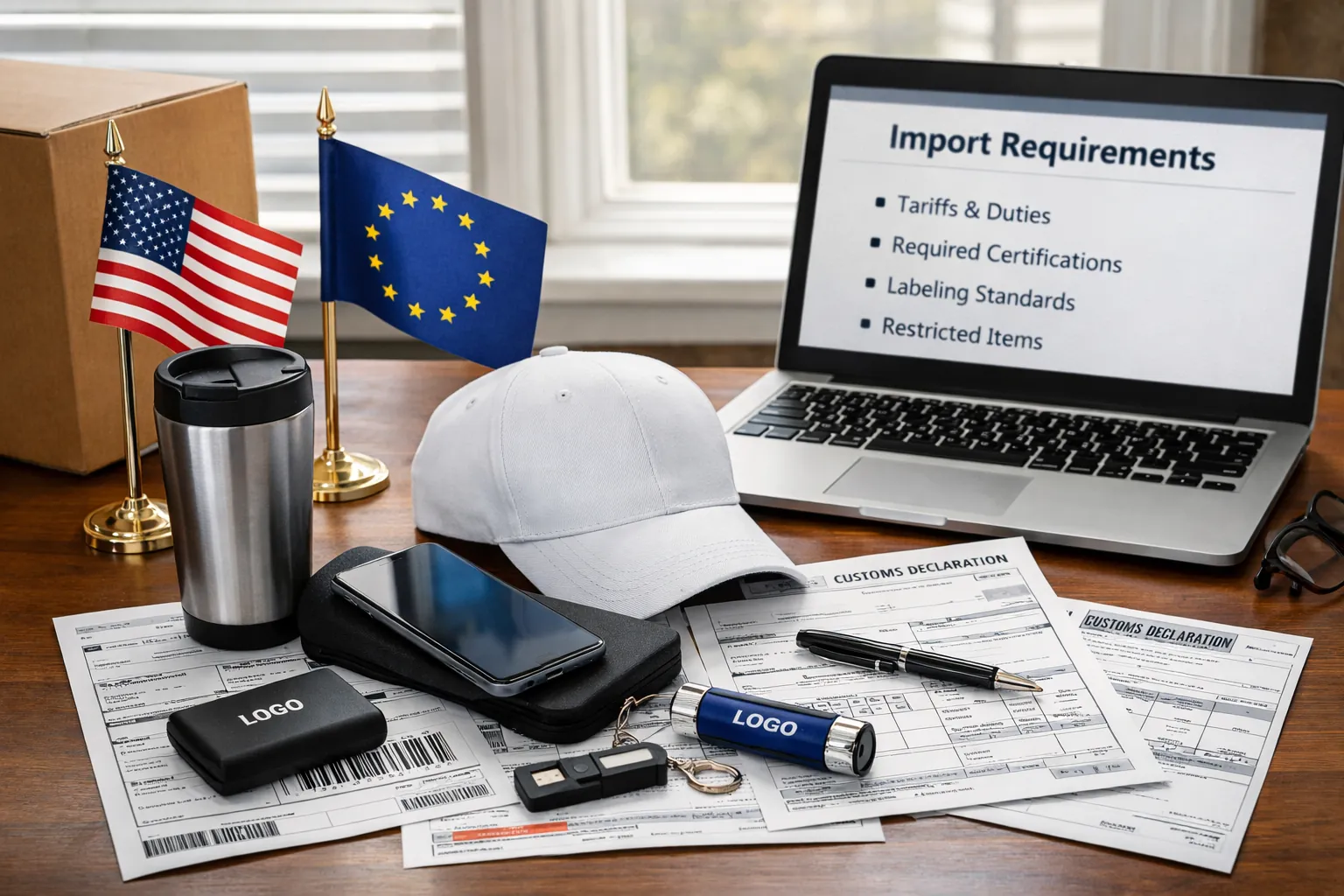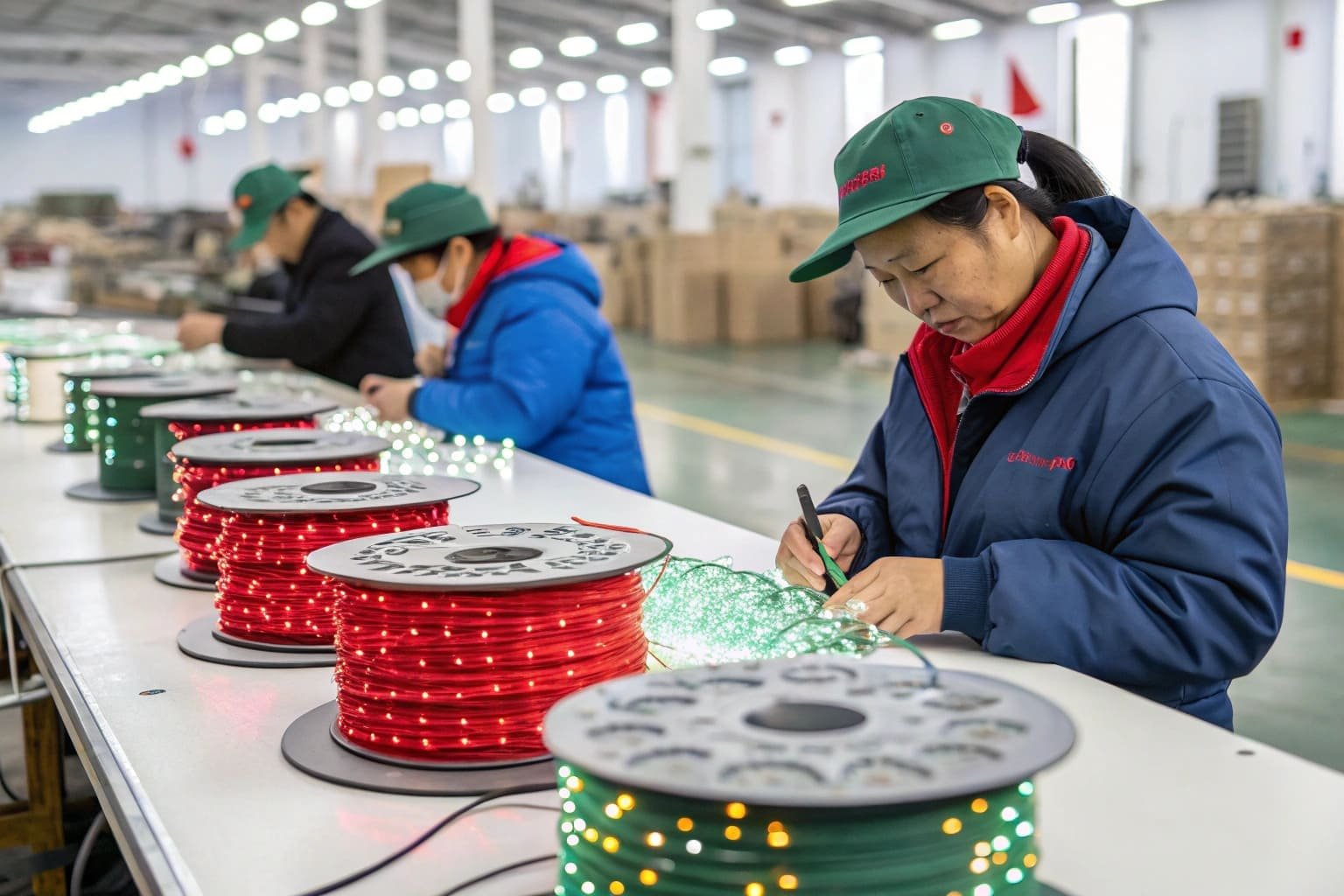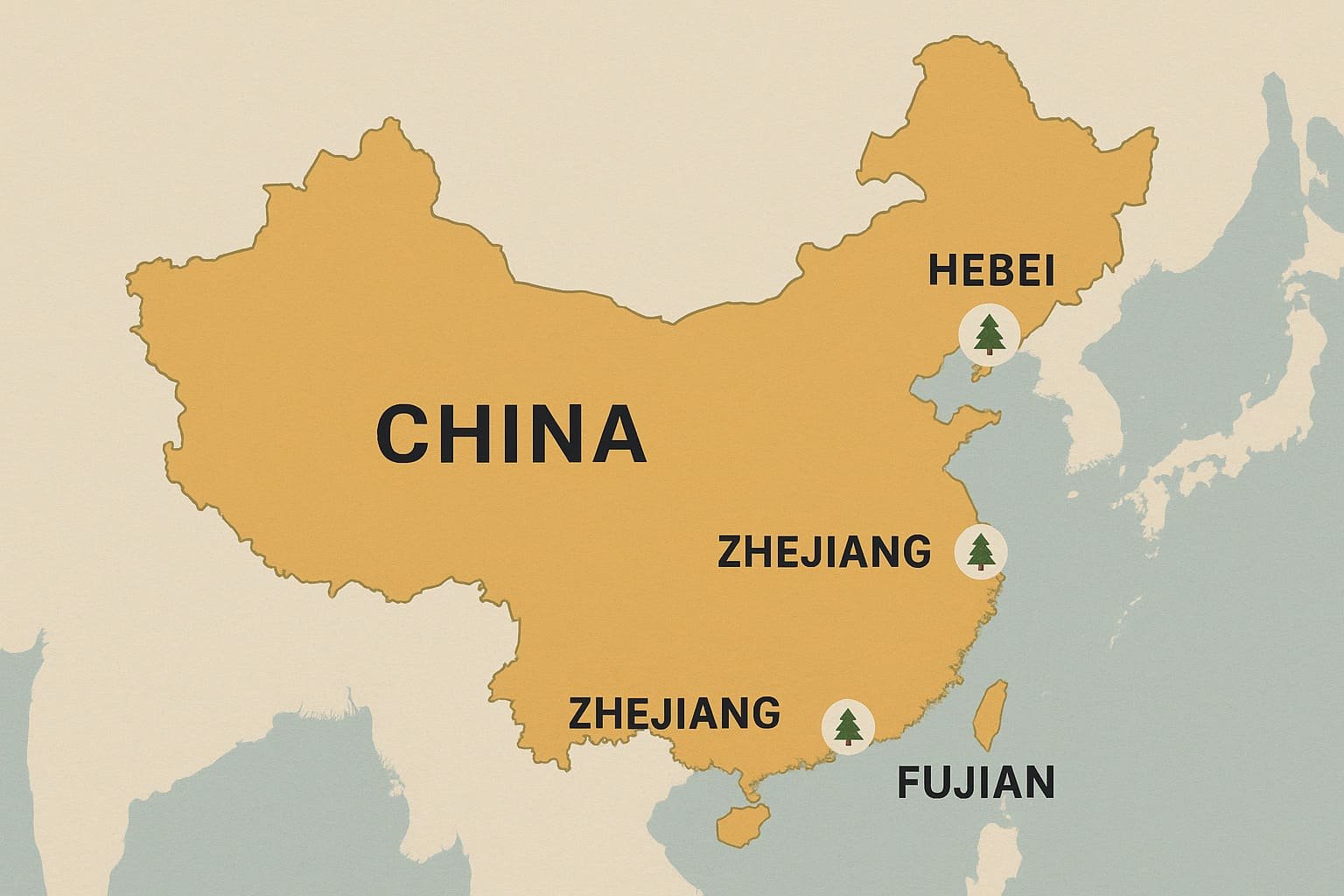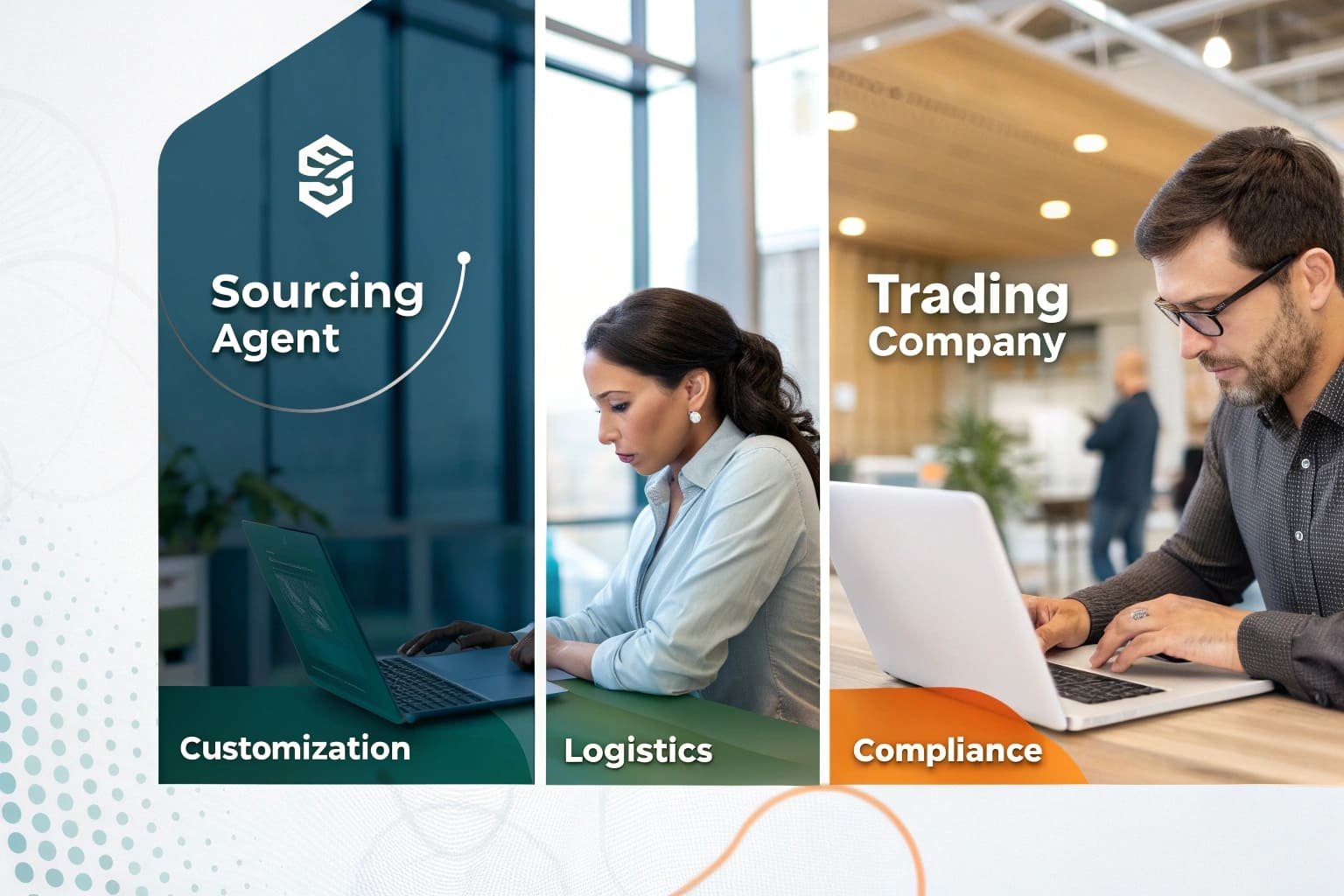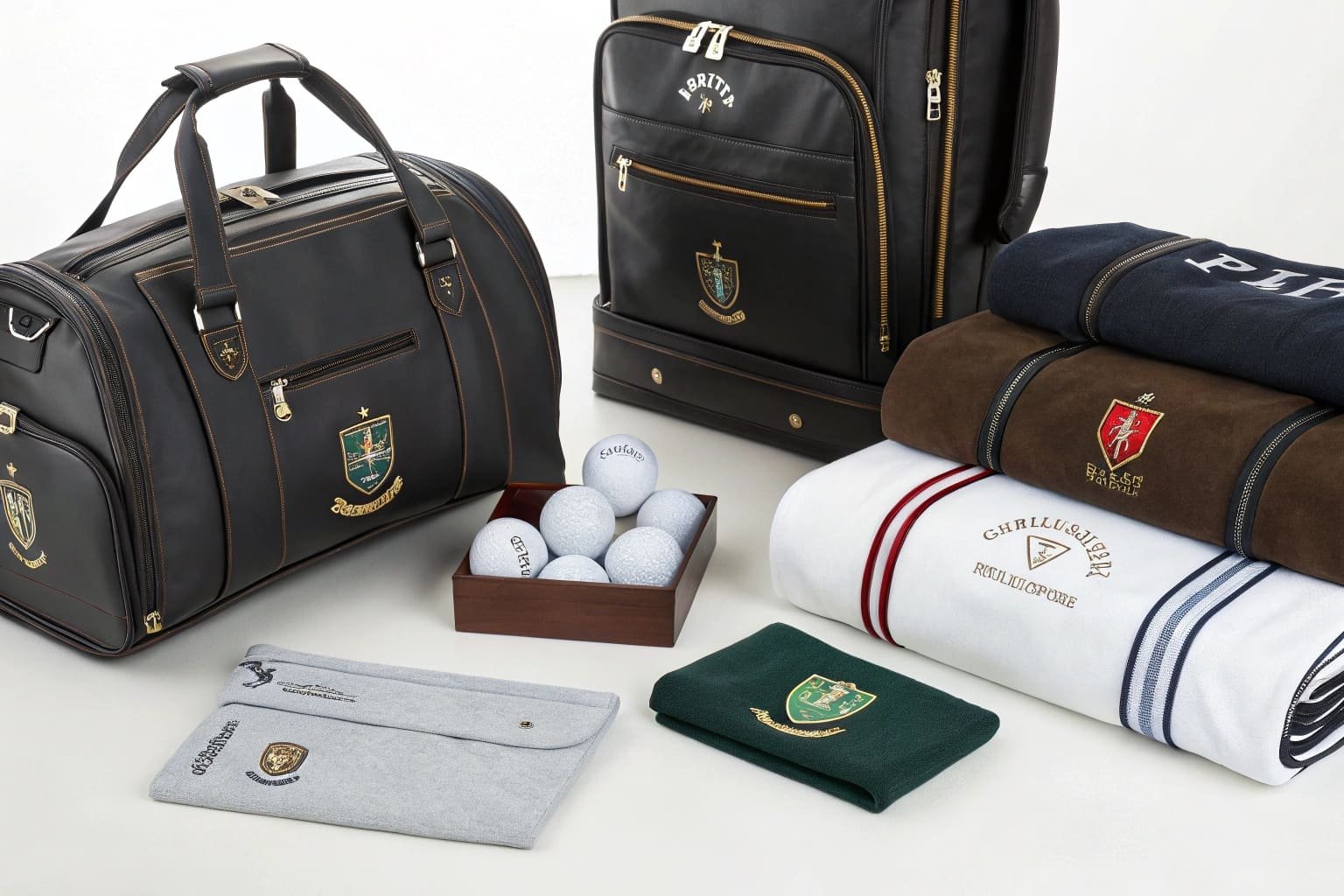The main points of this article are as follows:
#1. My suggestion for avoiding scamming
a. Don’t expect a super low price
b. Contact your new suppliers in a variety of ways
c. Check their social media accounts
d. Ask for references
e. Pay attention to the samples
f. Appoint a third-party inspector
g. Begin with a small order
I was surprised to learn a few days ago from an international trade forum that some foreign buyers felt scammed when doing business with Chinese promotional article suppliers. They received goods short of contracted quantity after paying the balance to the other party or received production lots clearly inconsistent with the confirmed samples, or they filed other complaints.
As an expert with nearly 16 years in promotional products, I really despise commercial frauds because I had similar experiences when I first started my business. Therefore, I would like to share some important skills I’ve learned from my own experiences in order to avoid being duped when importing promotional items from China.
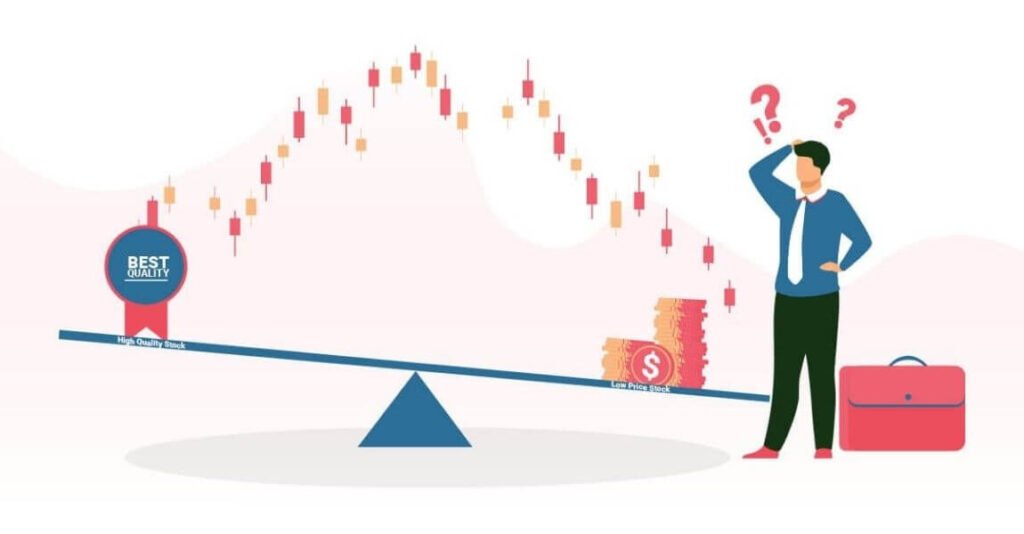
#2. Don’t expect an extremely low price
Because low prices imply sacrificing something else, such as raw material quality, quality control of their operations, and so on. As we all know, different prices have different qualities. Hence, you should expect to receive what you pay for. Be wary of offers that appear to be too good to be true.
When making an inquiry for a promotional item, I recommend obtaining quotes from multiple suppliers to help you judge the price range of this type of product. And be wary of those quotations with super-low-cost quotes because they may cut on size, weight, and even functionality, leaving you with a slew of problems and customer complaints afterward.
There is also a widespread belief that Chinese products are of poor quality given the low price they are sold at. To be honest, Chinese commodities are of average quality. They are cost-effective in the sense that, for the same quality of products, they are less expensive than others, and for the same price, they provide better quality. Furthermore, because end users have no major complaints about the quality, importers continue to buy Chinese goods, which eventually account for more than 80% of the commodities on their market shelves.

#3. Speak with new suppliers in a variety of ways
Because many foreign customers are frequently duped by new suppliers, I recommend that you contact them in a variety of ways early on and observe before making any decisions. In addition to email, the following three methods are recommended for communicating with your suppliers for your audit.
Obtain the telephone number of the suppliers, which is usually on the contact page of the suppliers’ website, and then call and speak with them during business hours. Give no indication that you will call them. On the phone, ask professional questions. The more you ask them, the easier it is to identify scammers from the nonsense of their responses. Always use your common sense. A scammer is usually unable to justify himself over a sudden phone call.
Use video conferencing to communicate with the opposing party if possible. Face-to-face communication is more effective in determining whether the other party is trustworthy and in developing mutual trust.
As the saying goes, seeing is believing, so go visit them in China. If you are unable to complete the task, delegate it to someone else. Request that your Chinese business partners, if you have any, visit the new suppliers as soon as possible. It is generally simple and straightforward for them to determine whether suppliers are competitive and honest. However, do not ask any of your current suppliers to conduct research on another supplier in the same industry.
Request your partner to check how much registered capital they have. Confirm they have the facilities, equipment, and personnel listed on their website. If applicable, ask for verification of their certifications. Inquire about how long they’ve been in business. Learn everything you can about your suppliers and their factories.
Photos or videos of the other party’s office and workshop are also useful for supplier audits. Larger suppliers are typically more dependable.
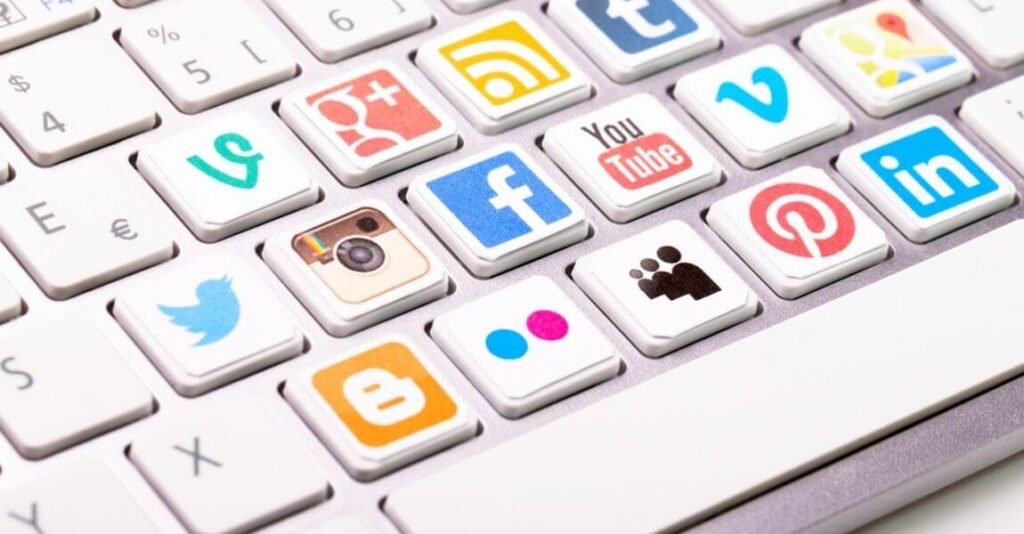
#4. Conduct a background check on suppliers using social media channels
As social media platforms such as LinkedIn, Facebook, Twitter, and YouTube have grown in popularity, an increasing number of Chinese promotional item suppliers have established their websites on these platforms. Examine their accounts and form an opinion based on the date they were created and the content they published.
For example, my LinkedIn homepage has been up and running for more than 8 years, and I frequently update some articles on promotional items and new products. For more information, please see the following link:
https://www.linkedin.com/in/angela-yu-promotional-products/
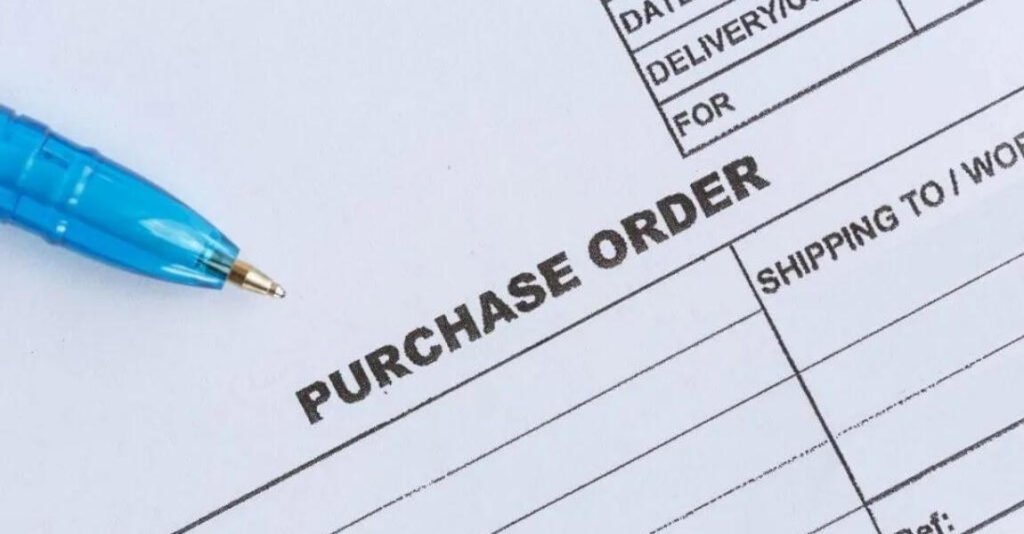
#5. Ask for references
POs or scanned copies of incoming and outgoing mails can speak volumes about the other party’s credibility. To be considerate, important information such as order quantity and amount may be hidden and omitted. In practice, suppliers who want to do business with you will not be shy about providing this information, knowing that this will help to validate themselves and their competitiveness by demonstrating that they are working with major market customers.
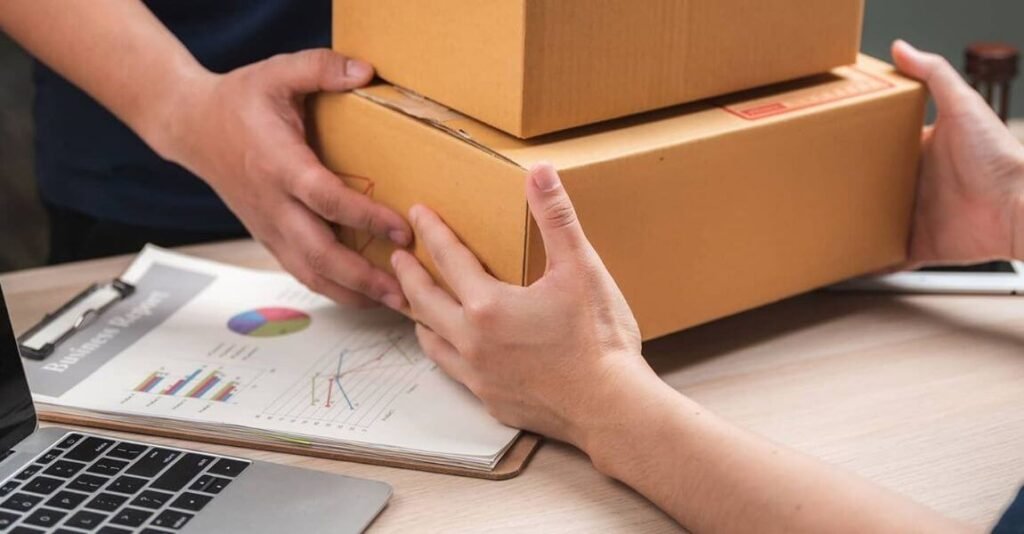
#6. Pay close attention to the samples
Pay attention to the samples you are working on, no matter how simple they are, even if they’re as simple as a plastic bowl. Be wary if the samples provided by the supplier do not match the previous agreement reached by both parties! When your suppliers fail to meet your requirements after three or more requests for modification, you should switch to a different supplier, even if the procurement cost is slightly higher.
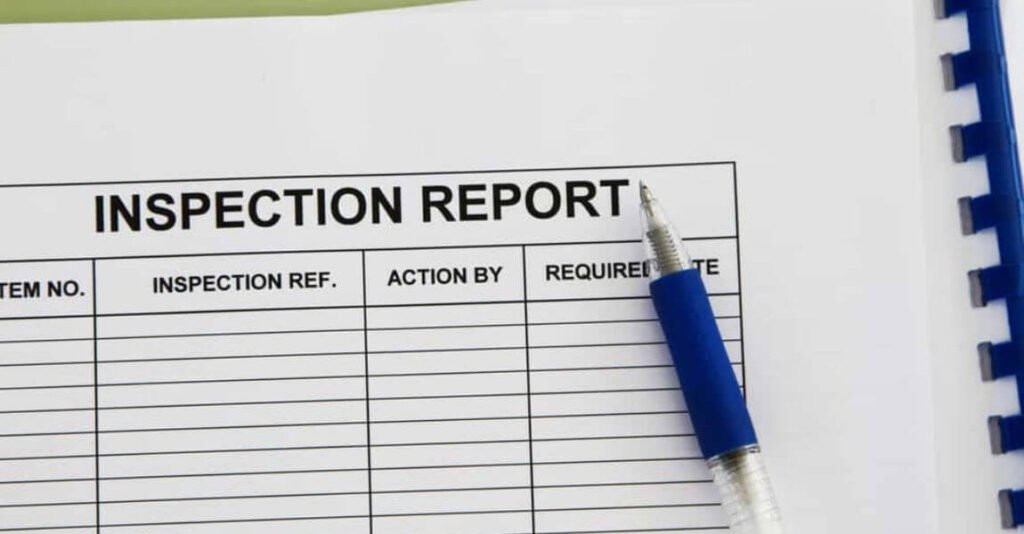
#7. Appoint an inspector to inspect the goods
Hiring a third-party inspector, on the other hand, will cost you more money. It is, however, most likely the most direct and effective method to avoid fraud. I recommend hiring an inspection agent to inspect the goods and keep an eye on things for you before the goods are delivered, as well as asking the inspector to take photos and videos at the supplier’s office and workshop while doing his inspection job, which will undoubtedly clear up your doubt.
#8. Begin with a small order
If you want to work with your new suppliers, you can start trial orders with them, requesting approved samples, making everyone in the supplier’s factories know what the products should look like, which will help to reduce the risks of non-conforming, and also working with your supplier to create quality control plan. Appoint third-party inspectors to ensure that deliveries match the confirmed samples.
Just don’t order a large quantity or something expensive without first inspecting the product.
Make trips to China when you have major decisions to make and have a reliable third party to assist you with your supplier tours.
Your suppliers are well aware that if they screw you over, you will no longer use them. They will not do so because Chinese companies want to make money and they will make more money with repeat customers.
Never stop looking for better suppliers, especially do not stop the quest just after 2–3 options. Always leave doors open for new suppliers so you can compare them before making a final decision. Examine how they respond to your inquiries, whether they claim everything is perfect or admit they may have unsuitable features, whether they agree to a voice/video chat with you and whether they provide reliable trade terms.
#9. Conclusion
From my 16-year experience in this field, I have summarized these methods for avoiding scams when importing promotional items from China. Hope they are of assistance to you.
While there are some dishonest suppliers in China, the vast majority of Chinese suppliers are honest in their dealings with foreign partners. Simply be cautious and conduct your due diligence, and select high-quality suppliers that have positive customer feedback and long-term reputation, as well as those with a good setup, longer history, trade show attendance, a larger operation area, and more employees.
In addition, I wrote an article on how to tell if a promo product supplier is professional. Just click the following link:



